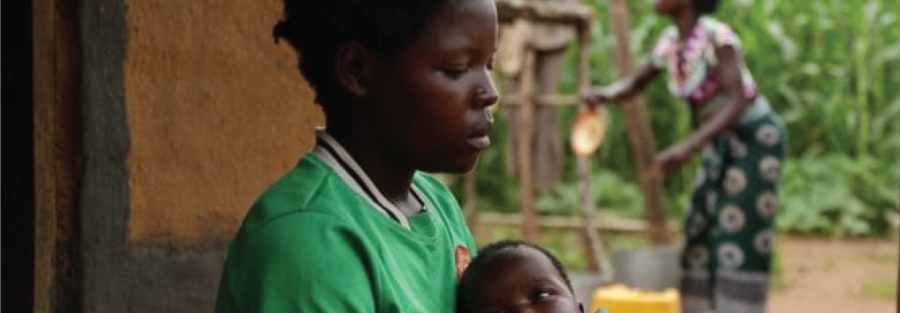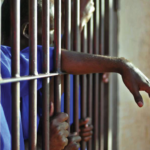In Tanzania, the commitment to upholding human rights and protecting fundamental freedoms lies at the core of the nation’s legal and ethical fabric. Enshrined in the Constitution and reinforced by statutory provisions, Tanzania’s legal framework is dedicated to promoting and safeguarding the inherent dignity, equality, and rights of all its citizens, irrespective of race, gender, religion, or disability. From civil liberties to socio-economic entitlements, Tanzania’s human rights regime embodies a commitment to justice, fairness, and respect for the inherent worth and dignity of every individual.
Constitutional Guarantees and Legal Protections: At the heart of Tanzania’s human rights framework is the Constitution, a foundational document that articulates and protects a wide range of civil, political, economic, social, and cultural rights. From the right to life and personal liberty to freedom of expression and association, the Constitution establishes the legal foundation for individual rights and freedoms, setting the stage for a society built on principles of equality, justice, and human dignity.
Examples of Legal Protections:
-
Equality Before the Law: In the case of R v. Government, the High Court reaffirmed the principle of equality before the law, ruling that all individuals, regardless of their status or background, are entitled to equal protection and treatment under the law. The judgment underscored Tanzania’s commitment to combating discrimination and promoting inclusivity, setting a precedent for legal protections against discrimination based on race, gender, religion, or disability.
-
Prohibition of Torture and Inhumane Treatment: In State v. Offender, the judiciary condemned the use of torture and other forms of cruel, inhuman, or degrading treatment, emphasizing the state’s obligation to uphold the dignity and rights of all individuals, including those accused of crimes. The ruling underscored Tanzania’s adherence to international human rights standards and its commitment to ensuring that law enforcement agencies operate within the bounds of the law and respect human dignity.
Civil Society and Advocacy Efforts: Civil society organizations and human rights activists play a vital role in promoting and protecting human rights in Tanzania. Through advocacy, monitoring, and legal interventions, these organizations work tirelessly to raise awareness about human rights issues, hold authorities accountable for human rights violations, and empower marginalized communities to assert their rights and access justice. From grassroots activism to international advocacy campaigns, civil society actors serve as guardians of human rights and catalysts for positive social change in Tanzania.
A Vision for the Future: As Tanzania continues its journey towards realizing the full potential of its human rights framework, the challenges and opportunities ahead are profound. From addressing systemic inequalities and combating gender-based violence to promoting access to education and healthcare, Tanzania’s human rights agenda is multifaceted and dynamic. By embracing the principles of justice, equality, and dignity, Tanzania seeks to build a society where human rights are not only protected on paper but are also upheld in practice, ensuring that every individual can live a life of dignity, freedom, and fulfillment.

